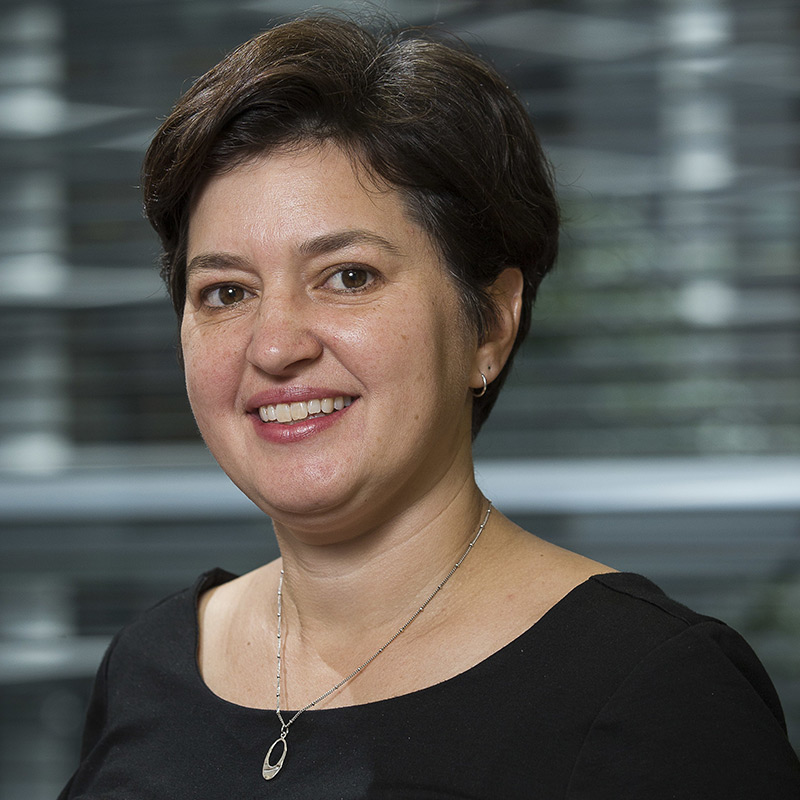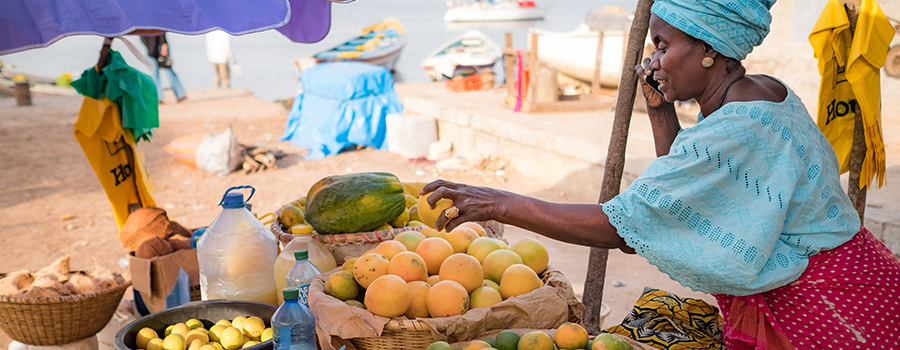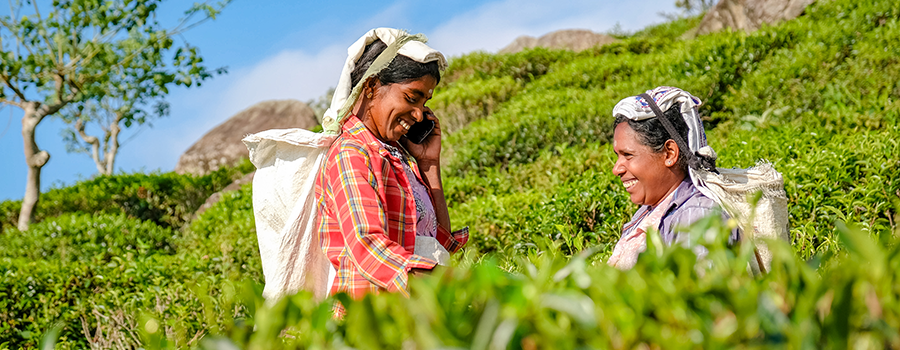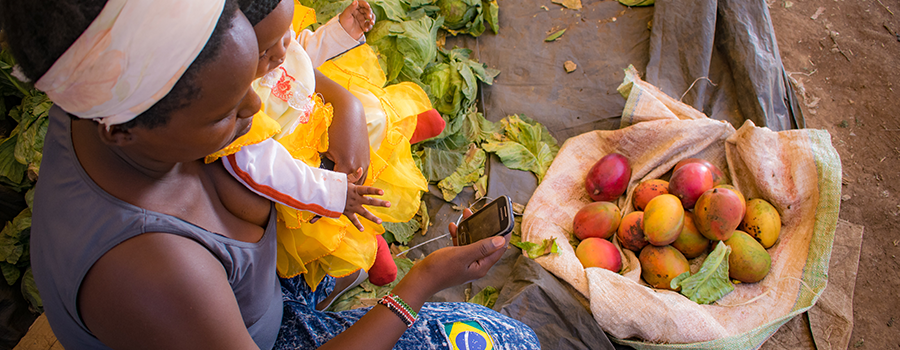This is an important year for reflection and renewed commitment to gender equality. It is 25 years since the landmark Fourth World Conference on Women where world leaders adopted a clear blueprint for achieving gender equality: the Beijing Declaration and Platform for Action. It is also 10 years since the launch of our GSMA Connected Women Programme which aims to accelerate digital and financial inclusion for women in low- and middle-income countries. It seems an appropriate time to reflect on the progress made.
We first sized the mobile gender gap in 2010, highlighting the scale of the issue and the critical importance of addressing it. We followed up with subsequent updates to this study which not only looked at the size of the mobile ownership and mobile internet gender gap and progress made, but also the barriers to ownership and use, as well as the size of the commercial and economic opportunity for closing it. This data is critically important if we are going to address the mobile gender gap and ensure women are not being left behind in an increasingly connected world. Without understanding the issue and opportunity, it is not possible to address it.
But understanding the challenge and benefits of addressing the mobile gender gap is not enough. There needs to be targeted action from all stakeholders. The mobile gender gap is driven by social, economic and cultural factors, which result in women experiencing barriers to mobile ownership and use more acutely than men. To close the mobile gender gap, action is required to address these issues and focus on the accessibility, affordability, usability, safety and relevance of mobile handsets and services, and the awareness, skills and confidence of women to use them.
Connected Women has been working with mobile operators to address this challenge over the last decade. An example is through our Connected Women Commitment Initiative which was launched in 2016. As part of this, 38 mobile operators made 53 formal commitments to reduce the gender gap in their mobile internet and/or mobile money customer base by 2020, driving an effort to accelerate digital and financial inclusion for women across Africa, Asia and Latin America. Together they have reached over 35 million new women so far with these services.
It is critical that all stakeholders take action, and Connected Women has also been working with other stakeholders to drive increased awareness and prioritisation. For example, we work closely with EQUALS – a global partnership for gender equality in the digital age – where we lead the Access Coalition as well as with platforms such as the Broadband Commission for Sustainable Development and W20.
So how far have we come? Since 2010, mobile has played an increasingly important role, providing women with a gateway to critical information, services and opportunities, often for the first time. In low- and middle-income countries, 82% of women now own a mobile phone and 54% of them now access the internet. The scale of the reach of mobile highlights the vital role that it can and is having to empower women, their families, communities and the economy. As our latest Mobile Gender Gap Report 2020 highlights, mobile ownership makes women feel safer, better informed, and supports them in their day-to-day lives.
Despite a reduction in the mobile internet gender gap in the last two years, it remains substantial. In addition, the underlying gender gap in mobile ownership is largely unchanged, with the remaining unconnected proving difficult to reach. This underscores that we can’t be complacent. It is critical that the mobile industry, policymakers and the development community continue to take action to address the gender gap, with targeted intervention as well as cooperation between all stakeholders.
And we know that with targeted intervention we can make a difference. Our mobile operator Connected Women Commitment Partners who have taken action have successfully reached millions of women. And we can see from the data we have analysed, that the vast majority of them have successfully reduced their gender gap.
We remain committed to helping accelerate digital and financial inclusion for women. Mobile operators continue to lead efforts to realise this commercial and social opportunity and we are pleased to announce the first wave of operators to make or renew their Connected Women Commitment through to 2023 – Grameenphone Ltd. (Bangladesh), Mobitel (Pvt) Limited – Sri Lanka, MobileMoney Limited (subsidiary of MTN Ghana), Ooredoo Maldives, Orange Finances Mobiles Sénégal (OFMS), Reliance Jio Infocomm Limited (JIO) India, Robi Axiata Limited (Bangladesh), Safaricom PLC, Turkcell Turkey, Vodacom Congo (RDC) SA Democratic Republic of Congo and Vodacom Tanzania.
On Sunday we celebrated International Women’s Day. This year the theme was “An equal world is an enabled world”. I could not agree more on the importance of gender equality. You can see more about our story and what we have been doing over the last 10 years to address the mobile gender gap and accelerate digital and financial inclusion for women in our anniversary video below. But more work is required, and we call on all stakeholders to take action to accelerate digital and financial inclusion for women and share their stories.





